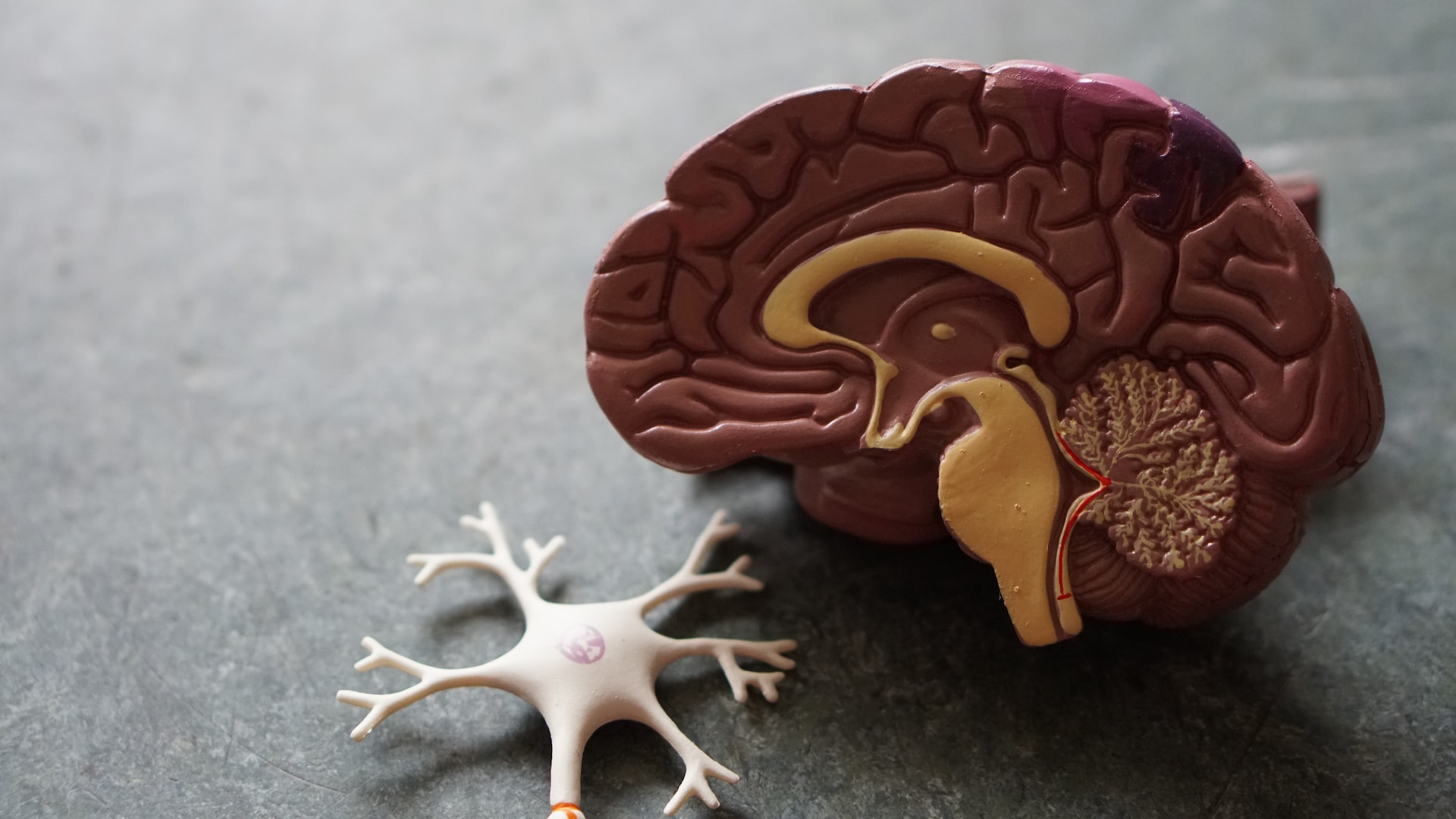What are the common causes of dizziness and balance problems in older adults
Dizziness and balance problems are common issues that many older adults face. These problems can make everyday activities challenging and increase the risk of falls, which can lead to serious injuries. Understanding what causes dizziness and balance difficulties in older people helps in managing these symptoms better.
One major cause is changes in the inner ear, specifically the vestibular system. This system helps control balance by sending signals to the brain about head movements and spatial orientation. As we age, this system may not work as well due to natural wear and tear or inflammation from conditions like vestibular neuritis or labyrinthitis, leading to dizziness or a spinning sensation called vertigo[1][4].
Muscle weakness and joint stiffness also play a big role. Older adults often experience reduced muscle strength and less flexible joints, making it harder for them to quickly adjust their posture when they lose balance[1]. This means even small trips or uneven ground can cause instability.
Neurological conditions such as Parkinson’s disease, stroke effects, or peripheral neuropathy (nerve damage usually affecting feet) interfere with coordination and motor control. These diseases disrupt how muscles respond to signals from the brain, increasing unsteadiness[1].
Vision changes are another factor. Good eyesight is crucial for judging distances and spotting obstacles while walking. Many older adults develop vision impairments like cataracts or macular degeneration that reduce depth perception[1].
Other common causes of dizziness include low blood pressure (especially when standing up quickly), dehydration, low blood sugar levels (which may happen if meals are skipped), anemia (low red blood cells), certain medications that affect circulation or nerve function, anxiety, migraines, heart problems affecting blood flow to the brain, and thyroid issues[2][5].
In summary:
– Inner ear problems disrupt balance signals.
– Muscle weakness reduces ability to recover from stumbles.
– Neurological diseases impair coordination.
– Vision loss affects spatial awareness.
– Low blood pressure & poor circulation reduce oxygen supply causing dizziness.
– Dehydration & low blood sugar weaken overall stability.
– Medications & other health conditions contribute too.
For older adults experiencing these symptoms frequently, it’s important they consult healthcare providers who can identify specific causes through tests and recommend treatments such as physical therapy exercises for strength/balance improvement or medication adjustments.
By understanding these common reasons behind dizziness and balance troubles in aging individuals—many of which overlap—it becomes easier to take steps toward safer mobility and better quality of life.[1][2][4][5]





